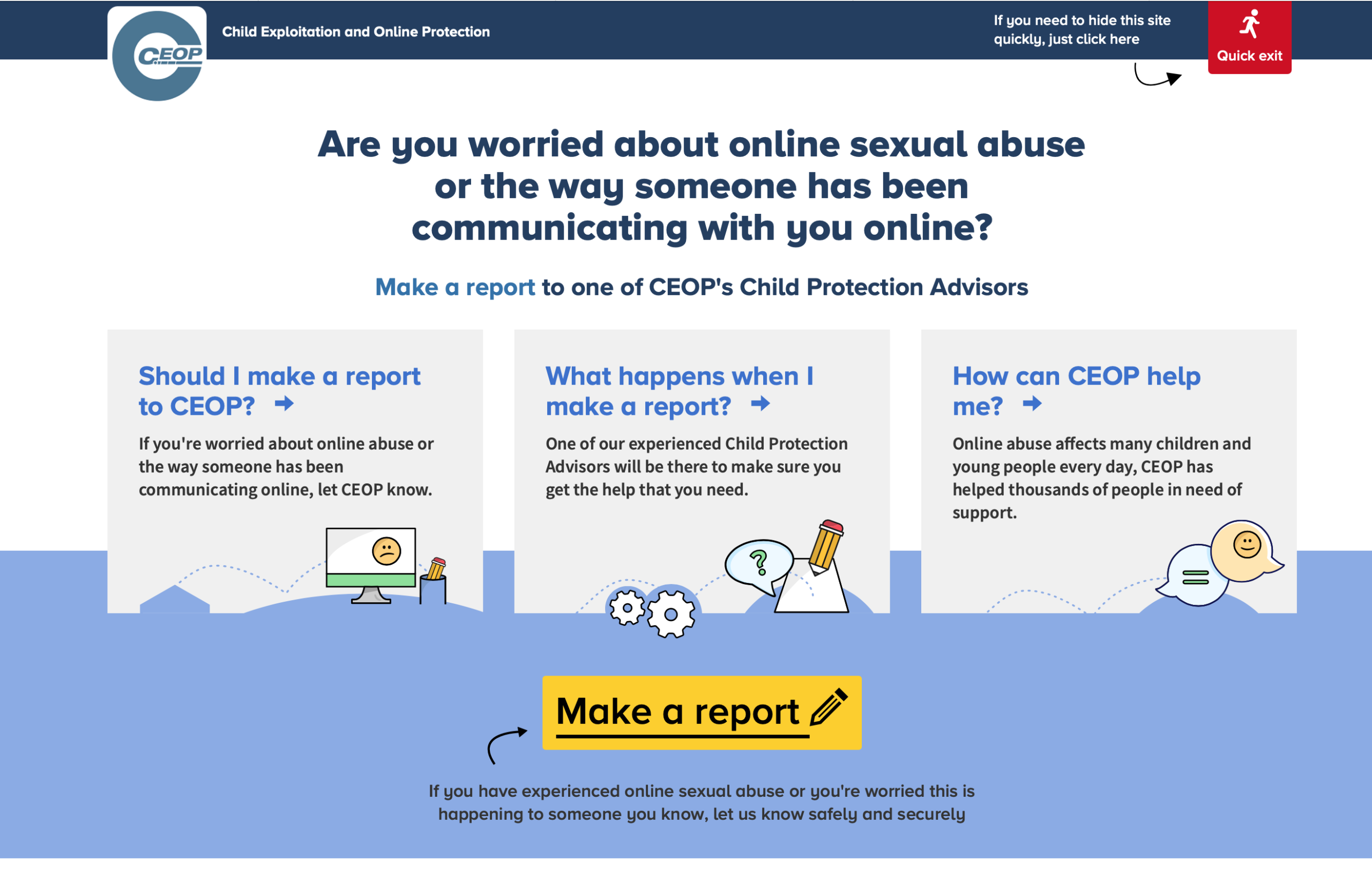We strive to incorporate E-Safety into all strands and stages of learning within our school; with E-Safety being taught regularly to our pupils across the curriculum.
The children have focused E-Safety lessons within their computing lessons, which cover aspects of staying safe online such as: the safe use of social networks; awareness of the importance of privacy online; how to deal with cyber bullying and what to do if children see something which makes them feel uncomfortable when using the internet. As well as our focused E-Safety lessons, we regularly discuss E-Safety issues in other aspects of the curriculum and also take part in special events such as Safer Internet Day and Anti-bullying week to promote the children’s digital literacy skills and understanding.
Moreover, we have acceptable use policies for pupils and members of staff to further promote E-Safety in school, with the appropriate policy being on display in all learning spaces with internet access. You can find copies of the Acceptable Use Policies below. The full On-line Safety Policy can be viewed or downloaded from the School Policies section of our website.
If you have any further questions, please contact the school and speak to Mr Brown.
We strive to incorporate E-Safety into all strands and stages of learning within our school; with E-Safety being taught regularly to our pupils across the curriculum.
The children have focused E-Safety lessons within their computing lessons, which cover aspects of staying safe online such as: the safe use of social networks; awareness of the importance of privacy online; how to deal with cyber bullying and what to do if children see something which makes them feel uncomfortable when using the internet. As well as our focused E-Safety lessons, we
Children are growing up in a world with a bigger range of online activities than ever before and it is sometimes very hard for both children and adults to know how to stay safe.
Parents/Online Safety Information
Most parents will want to reduce the risks to their children, and remembering to set parental controls can reduce the risks to children, and reduce the risk to parents when children accidentally spend online money! The internet matters website explains this quite well. Online safety is not just about protecting children from some of the dangers of the internet – it is also about helping them manage their use of technology and most of the parental controls allow adults to set a maximum time for the use of a device or app.
Internet Matters is a site paid for by many British companies. It has a lot of good advice on adding parental controls as well as on most aspects of online safety. Parental controls will only help keep children safe. The best safety feature that a child has is their parent or carer. Take the time to talk to your child about the apps and games they are using and don’t be afraid to say no sometimes!
The range of online apps changes on a regular basis and the NSPCC have a site called Net Aware. This provides unbiased up-to-date information on current apps and sites along with advice to parents about dealing with issues.
The NSPCC have teamed up with O2 to provide advice to parents and have a free helpline on 0808 800 5002. They will also give support in any O2 shop – you do not have to be an O2 customer.
ThinkUKnow is the website aimed at children and their parents from the National Crime Agency. It has lots of useful suggestions and advice on how to report issues. It also has lots of games and activities including Jessie and Friends for the younger children and Band Runner for the older ones.
For the youngest children being tricked into sharing pictures can be an issue. LGfL have produced a lovely free video which has some great advice and a very catchy song!
Many children will at times suffer from online bullying. It is really important that they have someone they can talk to and know that it is not acceptable. Most apps and sites will have systems inn place that allow bullying to be reported. Your child’s school may be able to help.
Children can call Childline on 0800 1111 for advice on anything that is worrying them.
Finally since 2015 is has been a criminal offence for an adult to send a message with sexual content to a child (This is Section 67 of the Serious Crime Act 2015). If you are concerned that this might have happened please contact The Police without further using the device. This will help ensure that evidence can be preserved. The Police can be contacted by phone or from the ThinkUKnow website.
CEOP is here to keep children safe from sexual abuse and grooming online. CEOP are unable to respond to reports about bullying, fake accounts or account hacking.
We are here to help and give you advice, and you can make a report directly to us if something has happened online which has made you feel unsafe, scared or worried. This might be from someone you know in real life, or someone you have only ever met online. We take all reports seriously and we will do everything we can to keep you safe.
As well as making a report to us, the CEOP Education website has information and advice to help you if something has happened to you online.
Adobe Reader
You may need a product like Adobe Reader (free download) to view our PDF documents on our website.

